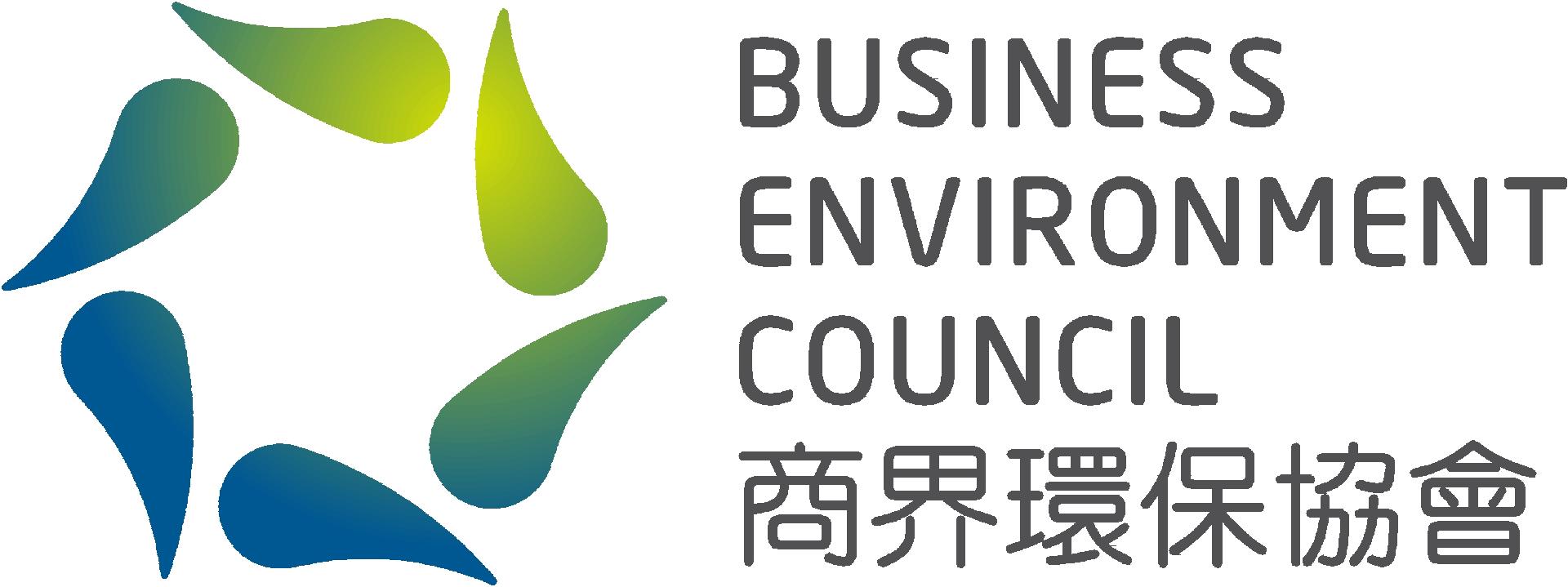Book presentation
Details
The Paris Agreement signed in 2016 was the first and foremost international agreement focusing on carbon emission reduction with specific reduction targets. It aimed at securing the global temperature rise below 2°C, while ideally maintaining within 1.5°C – which the importance was echoed in the recently published Special Report from the Intergovernmental Panel on Climate Change (IPCC).
Hong Kong is bound by the Paris Agreement, and has subsequently published the in Climate Action Plan 2030+ in 2017, which set a target to reduce 65-70% of carbon intensity and 26-36% of absolute carbon emissions by 2030 relative to 2005 levels.
In 2015, 66.4% of Hong Kong’s total greenhouse gas (GHG) emissions came from electricity generation, of which 93% of the electricity produced was consumed by existing commercial and residential buildings. However, performance to date shows minimal progress in reducing energy utilisation intensity. The room for improvement in buildings energy efficiency is huge.
According to the Business Environment Council (BEC), it was apparent that actual reductions will be closer to 10-15% if only business as usual improvements, such as retro-commissioning and replacement of end-of-life equipment, are in place. This suggests that without significant improvement in the policy framework in terms of incentives and regulations, targets will not be met.
Against this backdrop, funded by Konrad Adenauer Stiftung RECAP, the BEC conducted a study, aiming to enhance the policy framework in steering Hong Kong towards an energy-efficient built environment. In this launch event, the main findings of the study will be discussed by local stakeholders.



